IT MAY have faced a deep decline for decades, before a recent revival, but Gujarati cinema and filmmakers from the region have a rich heritage that stretches right back to the silent era. This has included many moments and talents that will likely surprise modern audiences.
Eastern Eye decided to take a deep dive into the Dhollywood industry and present quick facts connected from the early days of it.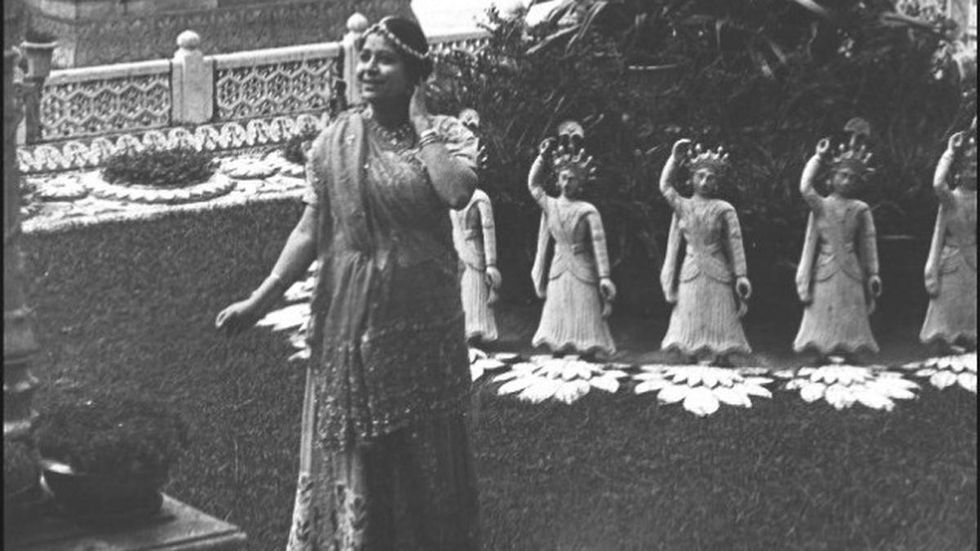
■ Many producers, directors, writers and actors during the silent era of Indian cinema had a Gujarati heritage, which resulted in many early films having stories rooted in the region’s cultural heritage.
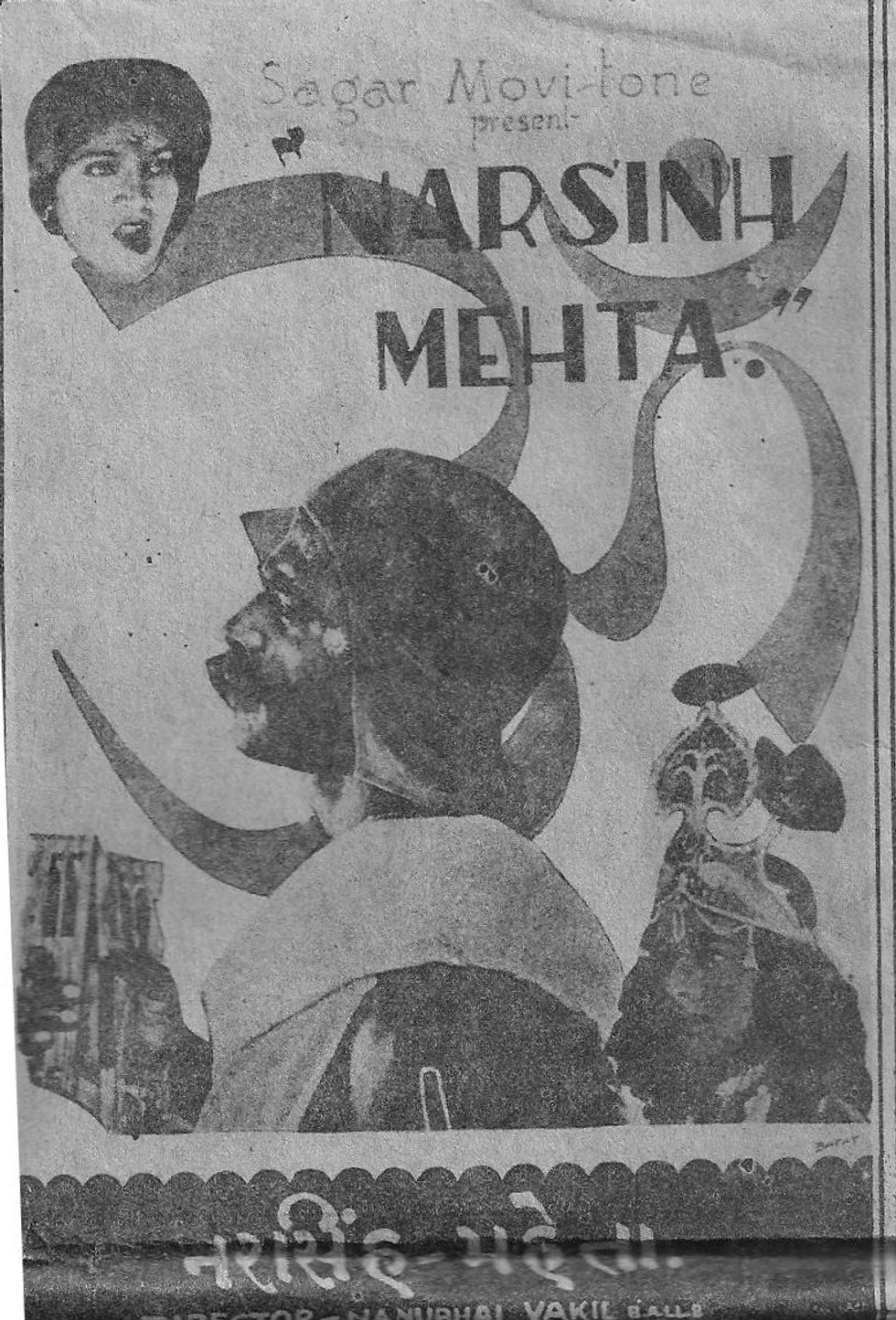
■ Silent film Bilwamangal (1919) was directed by Parsi Gujarati Rustomji Dhotiwala and based on a story by Gujarati writer Champshi Udeshi.
■ Silent film Narsinh Mehta (1920) featured the famous Gujarati song Vaishnav Jan To, which was sung by the audience and musicians in cinema halls.
■ Gujarati producer Dwarkadas Sampat helped popularise films during the early days of cinema by holding screenings with a simple projector. He later founded influential production house Kohinoor Film Company in 1918, which made films like Sati Parvati (1920), which depicted Gujarati culture.
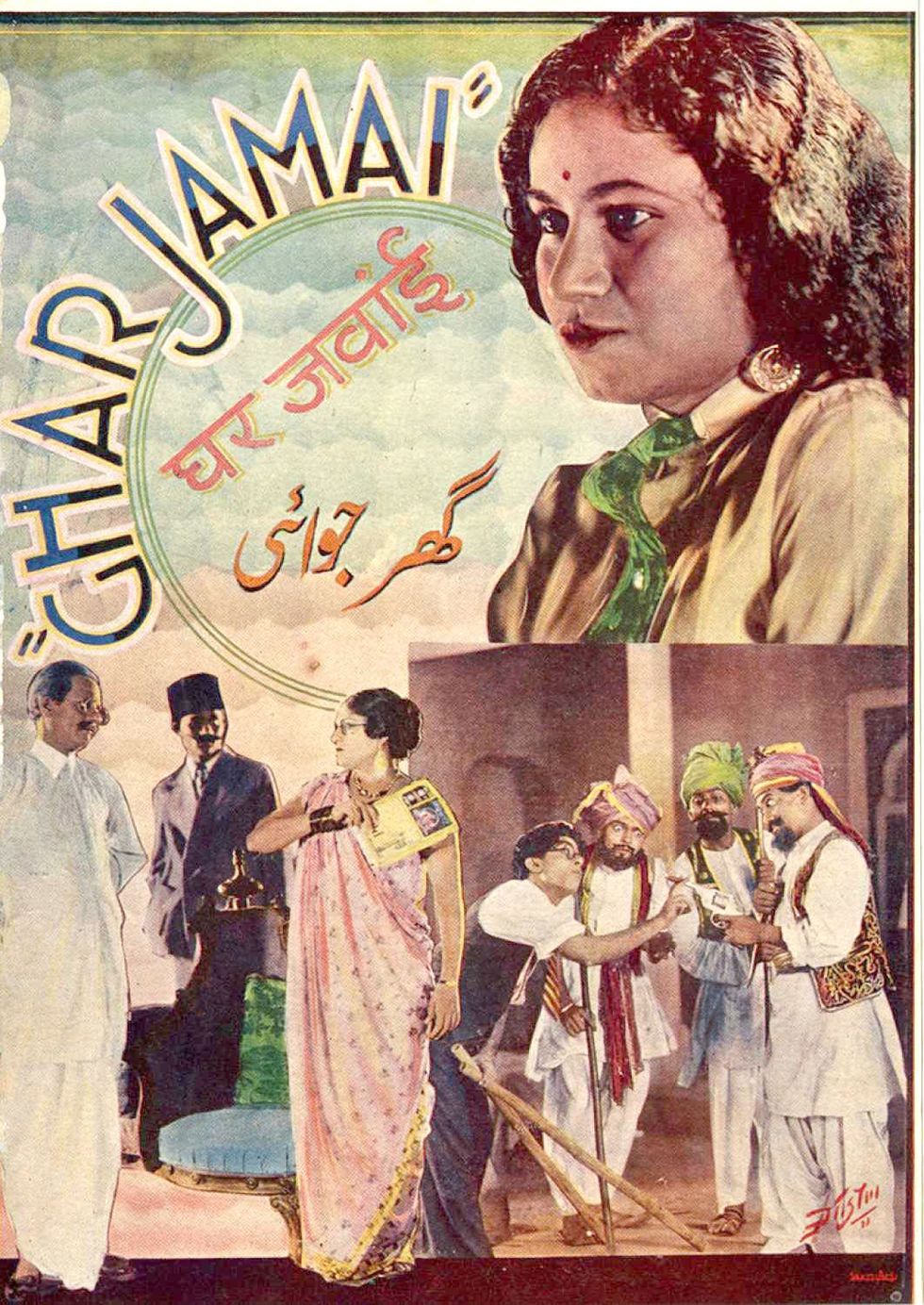
■ Kach-Devyani (1920) featured garba dancing for the first time onscreen and also depicted Gujarati culture.
■ The first Indian sound film was actually Gujarati short Chav Chavno Murabbo, which was released on February 4, 1931 in Bombay. It included India’s first film song Mane Mankad Karde. It was released a month before India’s first full-length sound film Alam Ara.
■ After further shorts, the first full-length Gujarati sound film Narsinh Mehta was released in 1932. The biographical film based on the life of a poet-saint is seen as the true beginning of Dhollywood.
■ Popular silent actor Homi Master headlined 1935 hit Gujarati comedy Ghar Jamai, which was one of the first films about male patriarchy.
■ There was a surge of Gujarati films produced in post-independence India, with 26 being produced in 1948 alone.
■ There were 74 Gujarati films made between 1946 and 1952. Many of them revolved around subjects rural audiences could relate to like religion, mythology, folktales and dacoits.
■ Legendary actress Nirupa Roy made her acting debut in Gujarati film Ranakdevi (1946). She would go on to portray a mother in multiple Bollywood blockbusters, including many all-time classics headlined by Amitabh Bachchan.
■ Popular actress Dina Pathak went from acting in Gujarati plays to making her movie debut in the same language with Kariyavar (1948).
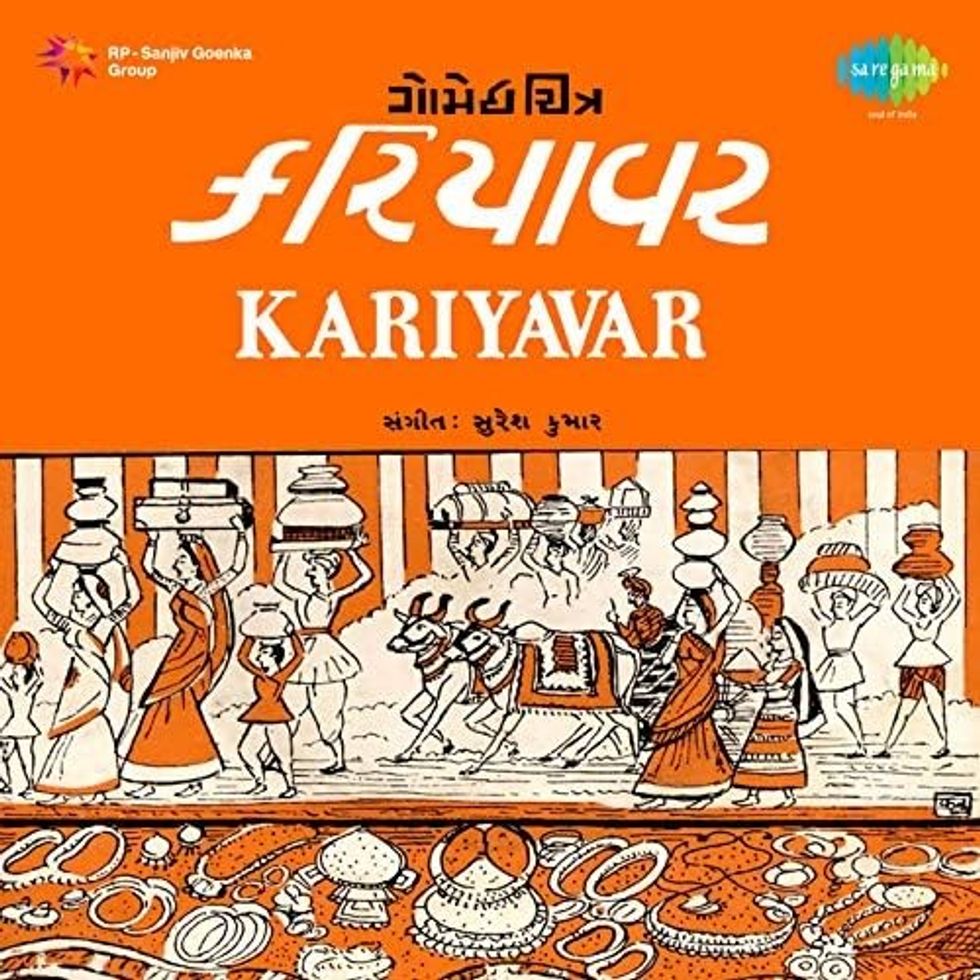
■ Mendi Rang Lagyo (1960) became the first from Indian cinema to win a National Film Award for best feature film in Gujarati. It included songs sung by Lata Mangeshkar.
■ Bollywood superstar Asha Parekh headlined Akhand Saubhagyavati (1963), which was the first Gujarati film to be financed by the National Film Development Corporation.
■ Legendary Bollywood actor Sanjeev Kumar starred in multiple Gujarati films like Ramat Ramade Ram (1964), Kalapi (1966) and Jigar Ane Ami (1970).
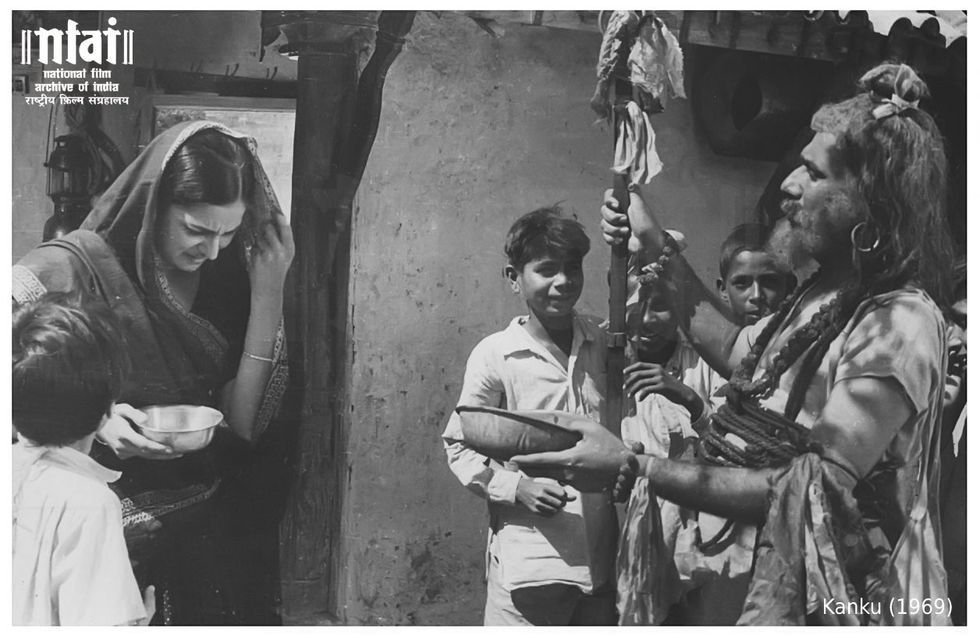
■ The acclaimed film Liludi Dharati (1968) was based on a novel of the same name and was Gujarati cinema’s first colour film.
■ Kanku (1969) was based on a short story originally written in 1936. It was later expanded into a novel in 1970, after the movie became a success and won a National Film Award for best feature film in Gujarati.
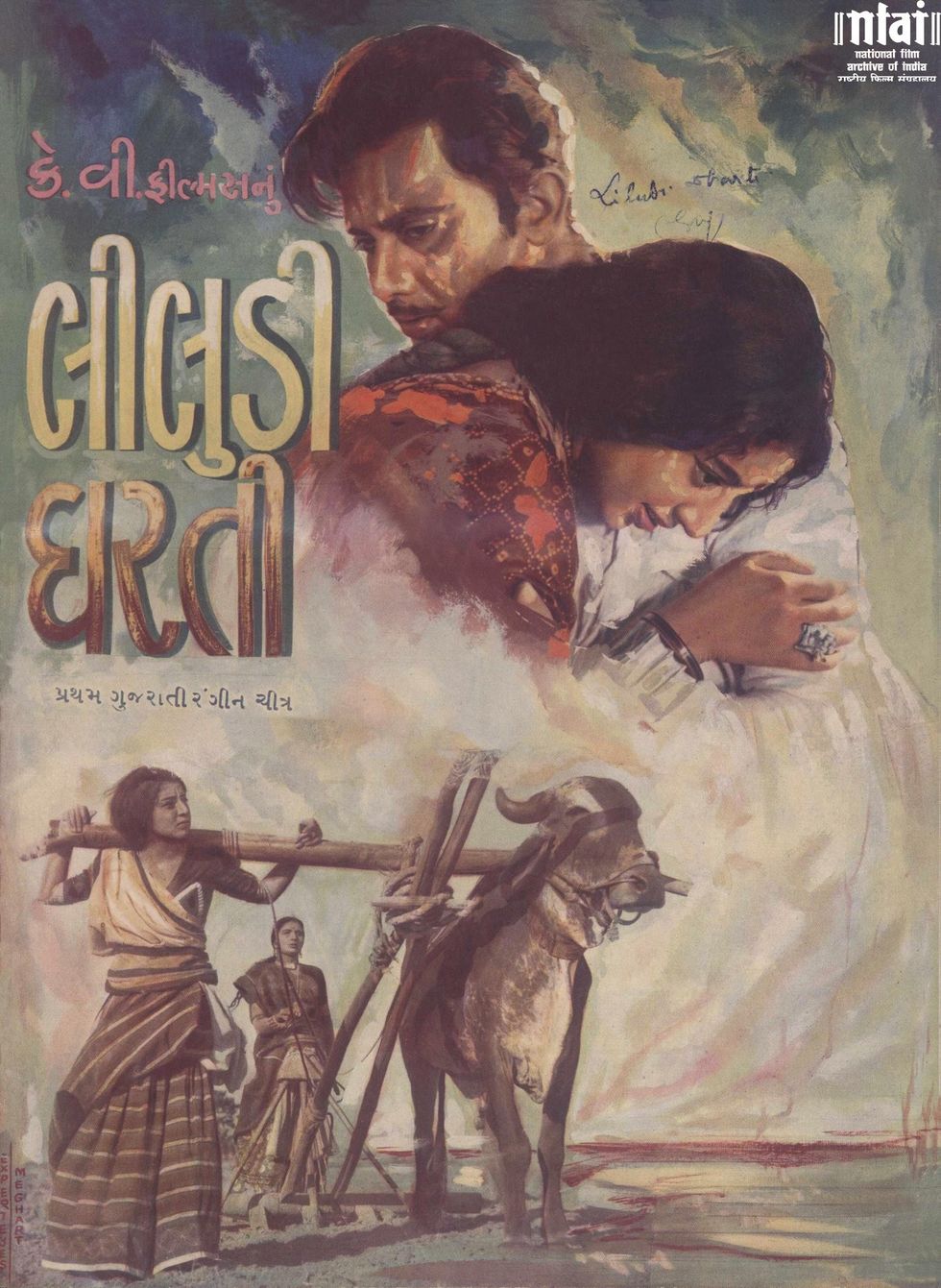
■ Popular Dhollywood films adapted from Gujarati literary works included Vidhata (1956), Chundadi Chokha (1961), Ghar Deevdi (1961), Nandanvan (1961), Gharni Shobha (1963), Panetar (1965), Mare Jaavu Pele Paar (1968), Bahuroopi (1969) and Sansarleela (1969). DIVING INTO THE DYNAMIC Great Gujarati cinema revival HISTORY OF DHOLLYWOOD MARVELLOUS RECENT MOVIE RELEASES THAT HAVE HELPED TO RESURRECT AN ENTIRE INDUSTRY 3 Ekka Kamthaan Gandhi & Co Vash Kasoombo Bilwamangal Narsinh Mehta Sansarleel (1969).






 Kilmer’s portrayal of the legendary gunslinger remains one of the most captivating performances in Western cinemaInstagram
Kilmer’s portrayal of the legendary gunslinger remains one of the most captivating performances in Western cinemaInstagram Kilmer didn’t delivered a performance so eerily accurate that even The Doors’ band members were stunnedInstagram
Kilmer didn’t delivered a performance so eerily accurate that even The Doors’ band members were stunnedInstagram From cocky rival to a poignant, full-circle moment in Maverick, Kilmer’s Iceman was the soul of Top Gun’s legacyInstagram
From cocky rival to a poignant, full-circle moment in Maverick, Kilmer’s Iceman was the soul of Top Gun’s legacyInstagram Brooding, intense, and often underrated—Kilmer’s take on the Caped Crusader balanced Bruce Wayne’s charm with Batman’s darknessInstagram
Brooding, intense, and often underrated—Kilmer’s take on the Caped Crusader balanced Bruce Wayne’s charm with Batman’s darknessInstagram In one of cinema’s greatest heist films, Kilmer’s Chris Shiherlis was a thief with depth, loyalty, and raw intensityInstagram
In one of cinema’s greatest heist films, Kilmer’s Chris Shiherlis was a thief with depth, loyalty, and raw intensityInstagram With razor-sharp wit and impeccable comedic timing, Kilmer’s Gay Perry stole scenes and redefined the buddy-cop dynamicInstagram
With razor-sharp wit and impeccable comedic timing, Kilmer’s Gay Perry stole scenes and redefined the buddy-cop dynamicInstagram











 The Oscar-winning actress embraces motherhood once again as she expands her family with Cooke MaroneyGetty Images
The Oscar-winning actress embraces motherhood once again as she expands her family with Cooke MaroneyGetty Images  Lawrence and Maroney, parents to three-year-old son Cy, celebrate the arrival of their newest family memberGetty Images
Lawrence and Maroney, parents to three-year-old son Cy, celebrate the arrival of their newest family memberGetty Images  Jennifer Lawrence flaunting her baby bump at The Hollywood Reporter EventGetty Images
Jennifer Lawrence flaunting her baby bump at The Hollywood Reporter EventGetty Images 

